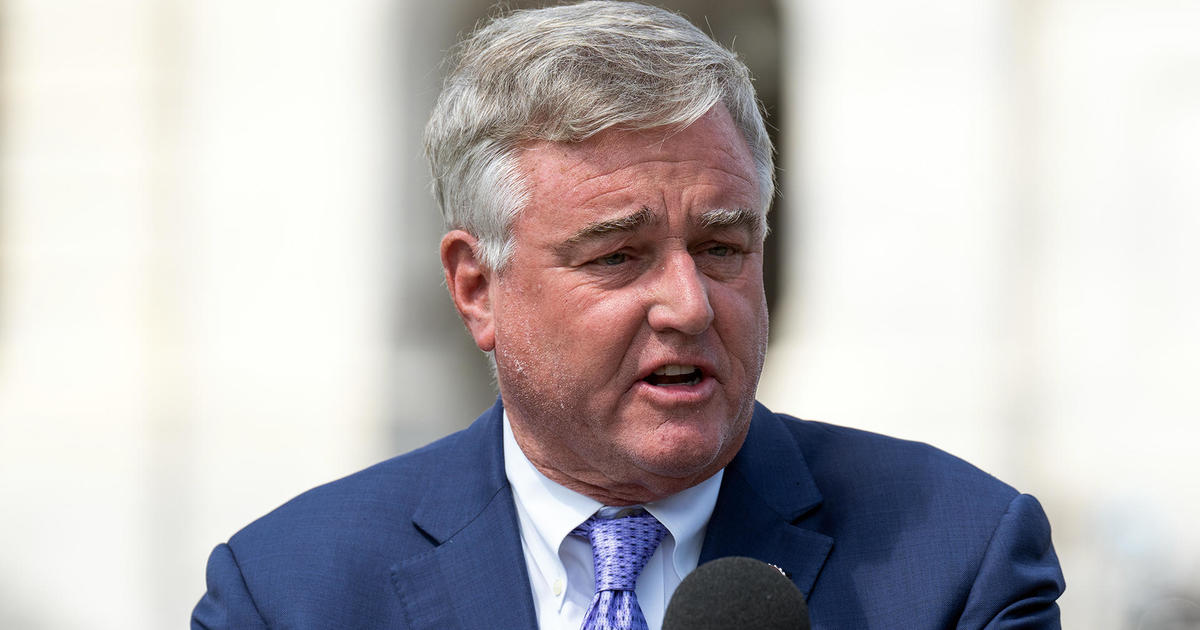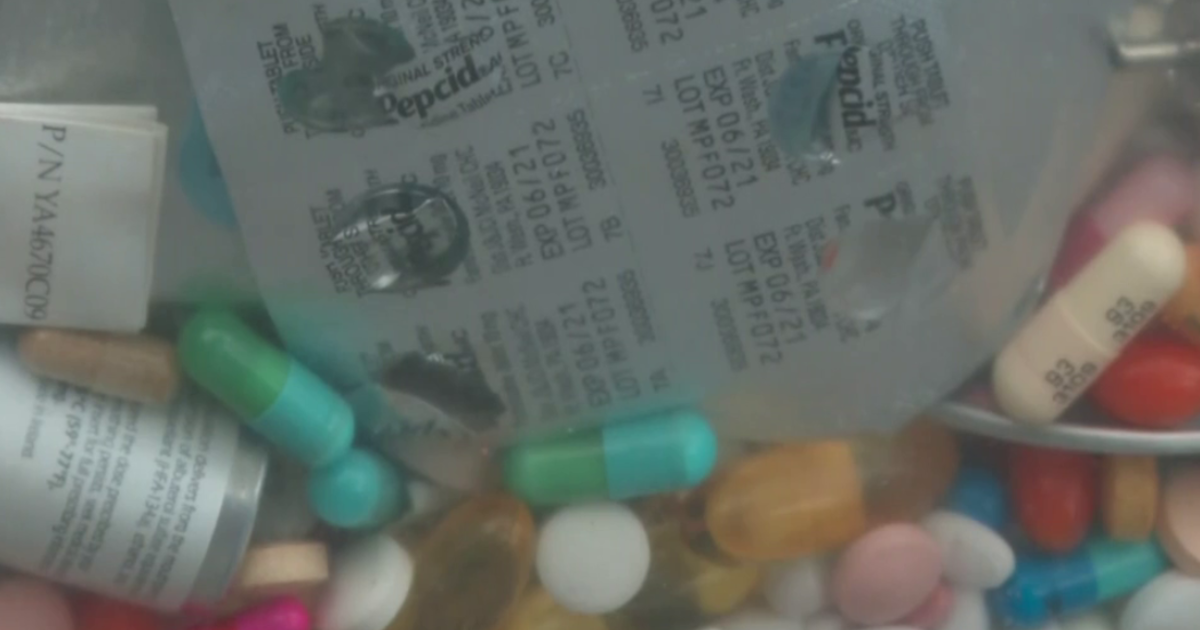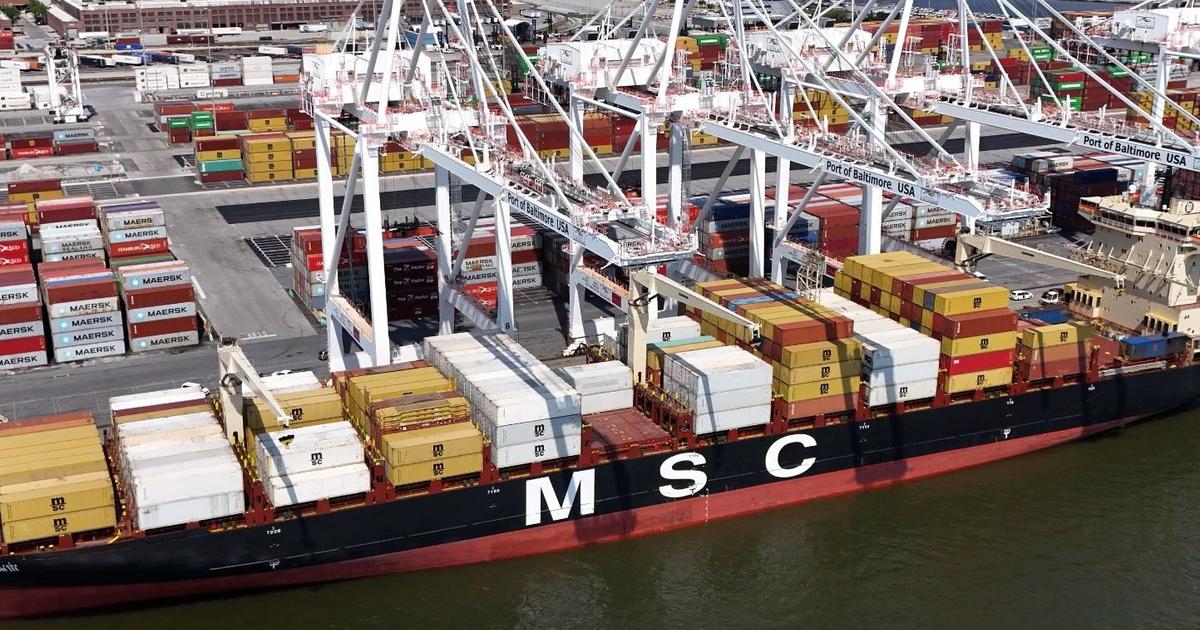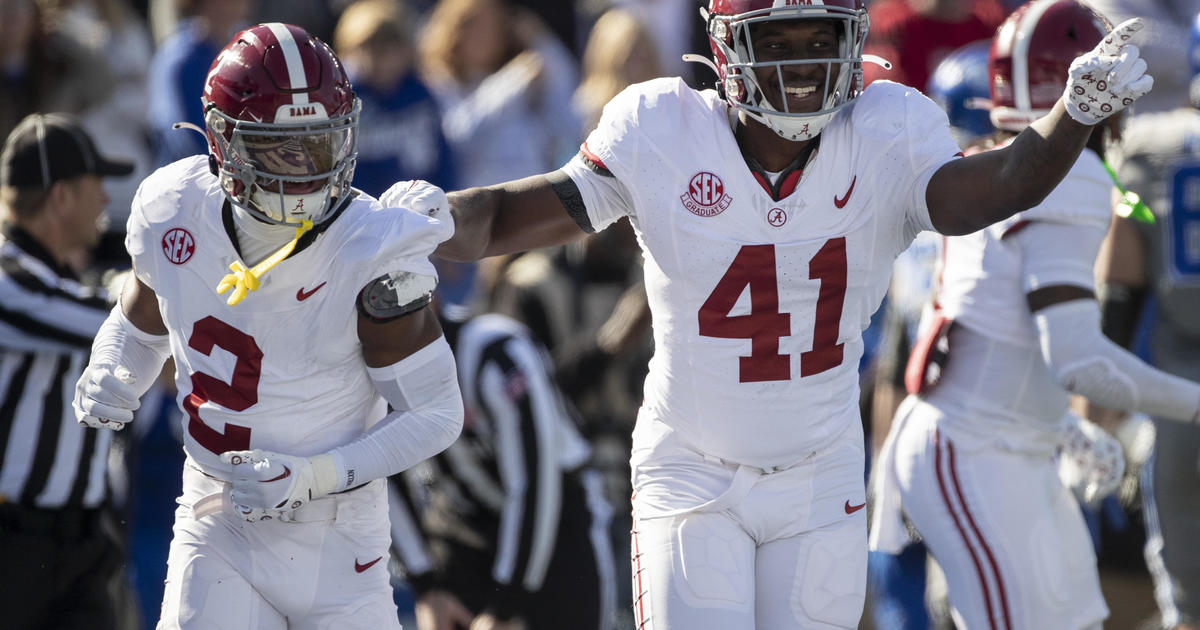Surprise siblings: Donor-conceived Ellicott City woman finds dozens of siblings through genetics service
A genetics service unlocked lifelong questions for an Ellicott City woman in her search for family members.
Talking at a table, you would think that Brenna Siperko was hosting longtime friends.
"It's so nice having multiple people to go to and talk to about anything," Siperko said.
But, she was meeting Fabi Berenguer Gil for the first time. Siperko just learned about Berenguer Gil, her half-sister, last year.
"I cried a little bit when I first met her because it was like a whole part of me that I was never able to, like, touch," Berenguer Gil said.
Mikey, in a way, is a long-lost half-brother.
"Long lost is a really good word for it, in my opinion," Mikey said.
The three just learned of each other in the past year or so.
"I feel like, since we didn't grow up together our whole lives, we don't really get tired of each other," Siperko said.
They were donor-conceived siblings each with a different mother but the same donor dad.
"A lot of things connect us but we're all different," Mikey said. "The one constant thing we can go, 20-46. That's our number."
That's the siblings' donor number. That's their father's donor ID.
They have few details about him.
"I'd still, like, go places and imagine one of the people was the sperm donor or, like, some random kid was my sibling," Berenguer Gil said. "I just knew there'd be a lot of us."
"I had a baby picture of him. I had a voice recording of him about how much he loved skiing," Mikey said.
"Obviously, my mom picked him because he has a really good health history," Siperko added.
After she turned 19 last year, Siperko submitted her DNA to a genetics service.
"Growing up, I was like, 'I could have so many siblings out there and not even know it,'" Siperkow said.
The genetics service told her she had 13 siblings.
She was added to a group chat where she learned it was actually more like 20 siblings.
"The oldest is 27 and, right now, it seems like the youngest is 15," Mikey said.
"Across the U.S., coast to coast," Berenguer Gil said.
"From California, Florida, Maryland, Canada, Michigan," Siperko said.
Then, they learned there are 56 siblings.
"Like, to just have that number confirmed and know there's still more out there," Mikey said.
That number grew even higher in recent weeks.
"Up to 60. Who knows how many more there are," Siperko said.
"That we know of," Berenguer Gil said. "I'm sure, I'm 99 percent sure there's more."
Wendy Kramer runs the Donor Sibling Registry, which has connected 25,000 people with either siblings or parents, including 38 siblings of donor 20-46.
"All donor-conceived people, every day for the rest of their lives will hold the possibility for another half-sibling to come along," Kramer said. "You're throwing together a whole bunch of people who have this unique connection, but come from very different backgrounds, right? So, there's no guarantee you're going to like each other or get along."
Kramer has long advocated for better record-keeping and tighter regulation.
She said every new person added changes the sibling dynamic.
Kramer said the largest known sibling group consists of 240 people.
"When there are new siblings, it could last for days when we're just constantly texting," Siperko said.
The 20-46 group keeps in regular contact, meeting up across the country.
Berenguer Gil views her five dozen known half-siblings as a support system for her modern family.
"People to help and people to help me, I think," she said. "It's nice to feel like you're needed and people can support you and you can support other people."
"Hopefully more pop up, more want to pop up," Siperko said.




